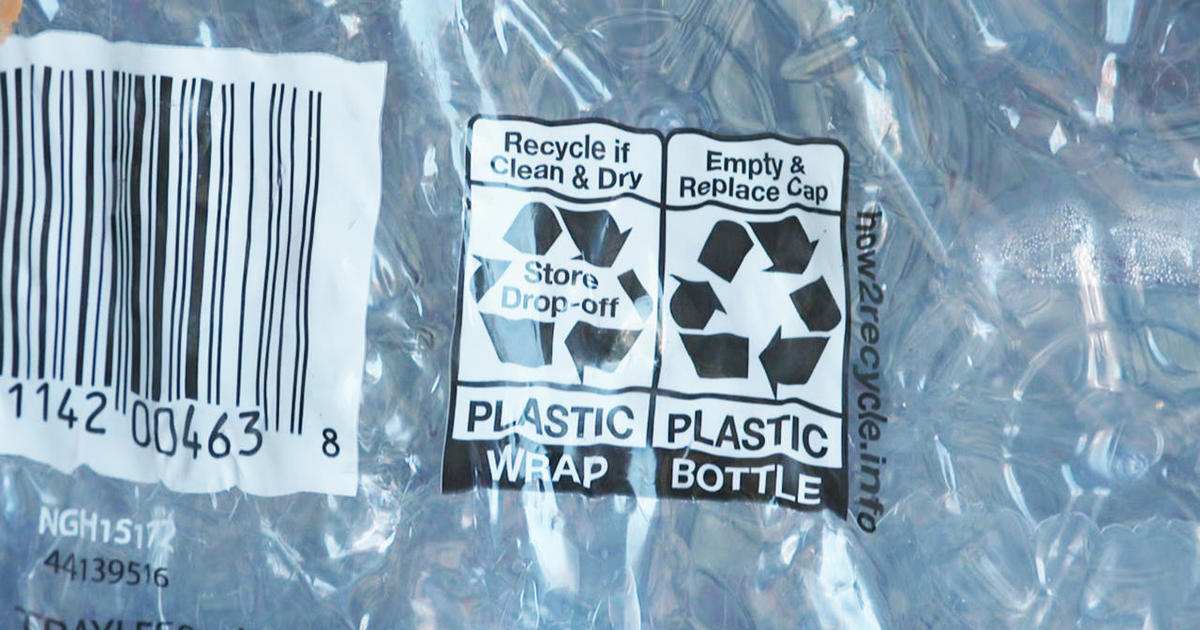One man's quest to restore the orca population in the Pacific Northwest: "Nature is coming back"
Orcas are one of the most familiar forms of sea life, but in the wild, they are increasingly rare.
Off the coast of Port Angeles in Washington state, a team has whale watching down to a science. For the past 45 years, Ken Balcomb has taken to the waters of the Pacific Northwest, leading the Orca Survey, a long-term photo identification project focusing on what is known as the southern resident killer whale population of Puget Sound.
When he was 35 years old, Balcomb was working for the National Marine Fishery Service and tasked with counting how many whales were left after the practice of capturing killer whales for marine parks ramped up in the 1960s and 1970s.
"A lot of people didn't think we could find them," Balcomb told CBS News' Michelle Miller. "And then even my boss didn't think if we found them, we could tell them apart."
The impossible job was made possible using photo-id techniques pioneered by a Canadian marine biologist. It turned Balcomb's hundreds of thousands of photos into a scientific database.
"At that time, we had photographs, thirty-five-millimeter pictures. That was a real key," Balcomb said.
The results of the survey? Only about 70 orcas remain in the sound, with an astounding 40% of the population having been taken into captivity or killed during a capture attempt.
Balcomb's findings would help end the trade in killer whales in the Pacific Northwest. But the orca's man-made problems didn't stop there.
"In the late 1980s, the whales stopped doing their regular pattern and basically they weren't coming to Puget Sound twice a month anymore, it was fished out," said Balcomb.
A depleted food supply is an issue that continues for the whales today and greatly inhibits their ability to reproduce.
"This is our indicator, advance indicator, the canary in the coal mine kind of thing," said Balcomb. "If we lose the ball on the wild nature, humans are not going to last very long after that.
In response to what he's already witnessed, Balcomb founded the nonprofit Center for Whale Research to study whales and use their findings to promote conservation.
Balcomb said orca sightings were a weekly occurrence in the same waters decades ago. Orcas have been around the area for thousands of years, but finding a single orca is hard to do now, as they don't appear.
This is a sad situation that Balcomb is working to change, not at sea, but about 8 miles upstream on the edge of Olympic National Park.
The Elwha River is an essential part of Balcomb's operation and essential for orcas.
"It's going to bring salmon back to a pristine status where there'll be lots of food for the whales," he said.
"What happened to the salmon?" asked Miller.
"Well, on this river, it was dammed," said Balcomb. "So, we had a dam about two miles south of us, and no fish pass that dam for 100 years." The population of the Chinook Salmon went from around 30,000 a year to almost zero.
In an effort to restore the river's ecosystem, Congress authorized the removal of the Elwha Dam in 1992. After two decades of planning, the largest dam removal in U.S. history began and was fully removed by March 2012.
"So now that the dams have been removed, this is starting to come back. And we want to celebrate it and, you know, let the world know that that's how you do it, recover the ecosystem," said Balcomb.
He went a step further. In October of 2020, at the age of 80 and without a job, his Center for Whale Research purchased a 45-acre ranch bordering both sides of the waterway, where the majority of the remaining Chinook Salmon spawn. A private donor helped fund the $700,000 purchase.
Salmon have returned to the area. Last year, 7,000 Chinook salmon were counted in the area but Balcomb believes it will take 20 to 25 years to get the salmon back to their original numbers. For now, the few fish spotted are a sign of hope.
"Oh, this is like, they're back. Nature is coming back," said Balcomb. "It's just like. It's worth it. Money does not count, you know? This does," he said.
Editor's note: This story has been updated to correct the amount of the purchase price.



